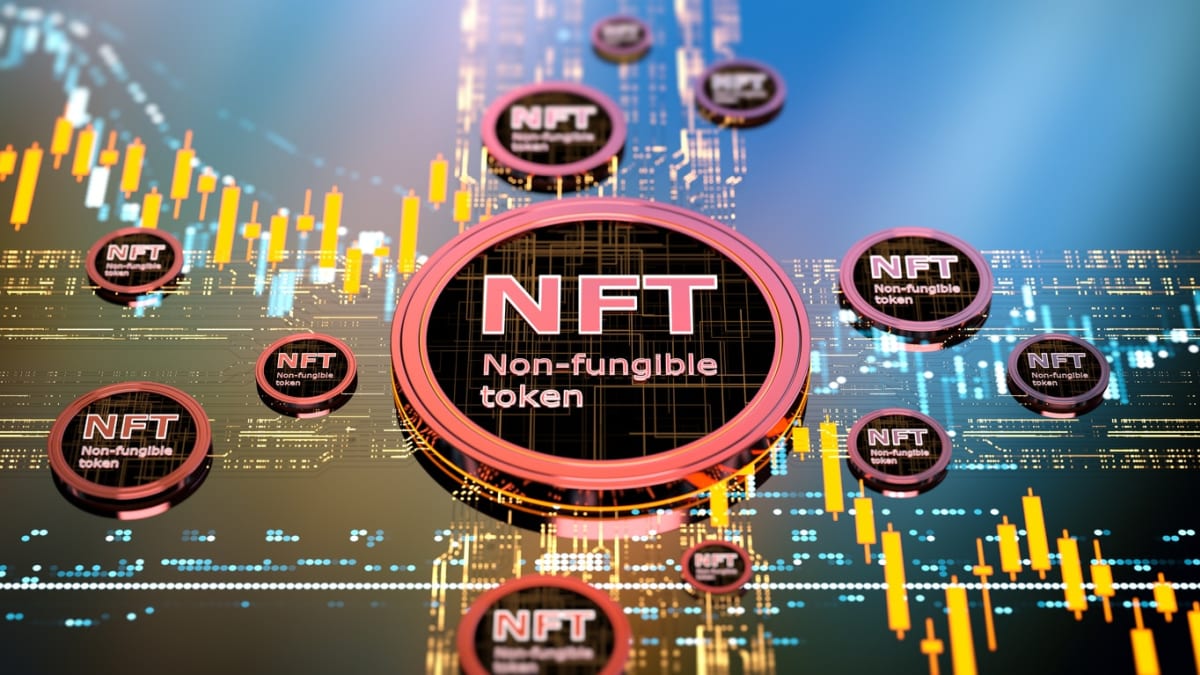Is NFT Taxable in Canada?
The world in 2021 is altogether different from the one of every 2001. Twenty years has seen the fleeting ascent of the web, impossible jumps in cell phone innovation, and another accentuation on the computerized world.
In 2001, we saw a ton of people gathering playing a game of cards. In 2021, be that as it may, it's presently conceivable to possess, in addition to a substantial playing card, however a genuine computerized moving picture of them running for the end zone or shooting a three-pointer through non-fungible tokens, or NFTs.
They have not just had an impact on the manner in which we ponder workmanship and collectables, yet in addition have made them more significant than any time in recent memory.
With the rising benefits of selling and purchasing NFTs, one inquiry rings a bell: Do you need to pay charges on NFTs? Canadian regulation is clear here. Peruse on to more deeply study if and how NFTs are burdened in Canada.
What precisely are NFTs?
It tends to be a piece hard to get a handle on precisely exact thing a NFT is in any case. Basically, NFTs are any computerized thing that can be traded utilizing blockchain innovation. Yet, pause — what's blockchain?
It's an extravagant mechanical term for a cycle by which each exchange can be logged and followed, noticeable to each person who needs to investigate. Presently, back to NFTs. Each NFT can have one proprietor. The non-fungible piece of the NFT implies that it very well may be made exceptional from different things.
Via model, a bitcoin is a fungible token. One bitcoin will constantly rise to one. The worth of one bitcoin may go up or down however one coin will constantly merit a similar sum as another. NFTs, be that as it may, are more similar to exemplary vehicles.
You could trade a 1967 Portage Bronco for a 2001 Nissan Altima, yet those two things won't ever be equivalent. The Bronco will (without a doubt) forever be worth more than the Nissan since it is a profoundly sought after vehicle; people will pay a lot to claim one.
They will not, probable, pay especially to claim your applauded out Nissan. This is an illustration of a non-fungible resource — one can't be straightforwardly traded for another.
One more intriguing characteristic about NFTs is that anybody can make it. For instance, I could go on my PC at this moment and post available to be purchased a sweep of my girl's work of art.
It won't ever, be that as it may, be just about as important as computerized work of art by craftsman Beeple, who as of late sold a NFT for $69 million. Assuming it is, that'd be perfect, yet I'm not including on it.
Craftsmen can likewise code commission installments directly into NFTs. This actually intends that, not at all like actual fine art, they can get compensated each time the NFT is traded.
So very much like some other collectible, NFTs can increment and decline in esteem and aren't straightforwardly exchangeable. The inquiry is, do you need to pay burden on that increment?
Does Canada burden NFTs?
The may, contingent upon two things:
How you connect with NFTs
The sort of pay you understand simultaneously.
To put it plainly, purchasing a NFT is definitely not an available occasion. Selling a NFT, nonetheless, whether you've made the NFT or are selling a thing you bought beforehand, is an available occasion. Generally, there are two unique ways your NFT could be burdened.
Business pay
Making and selling a NFT is precisely similar to making and selling anything more, and consequently qualifies as business pay. In the event that you were a storekeeper selling gadgets, you'd pay charges on the pay from those deals, less any relevant costs of doing business.
Suppose you choose to make your own NFT of your feline and show it available to be purchased. Maybe it sells for $100. The Canadian government sees that $100 as pay and you ought to pay charge on it accordingly. Thus, you'll owe a specific level of the deal cost. You can likewise deduct your expense for making the resource you've sold.
Thus, on the off chance that you buy another PC to make the token, you can discount the expense. The equivalent is valid for sovereignties from NFT deals. Say your feline NFT is getting along admirably and it gets sold a few additional times. The sovereignties you get from the deal are burdened as business pay.


Comments
Post a Comment